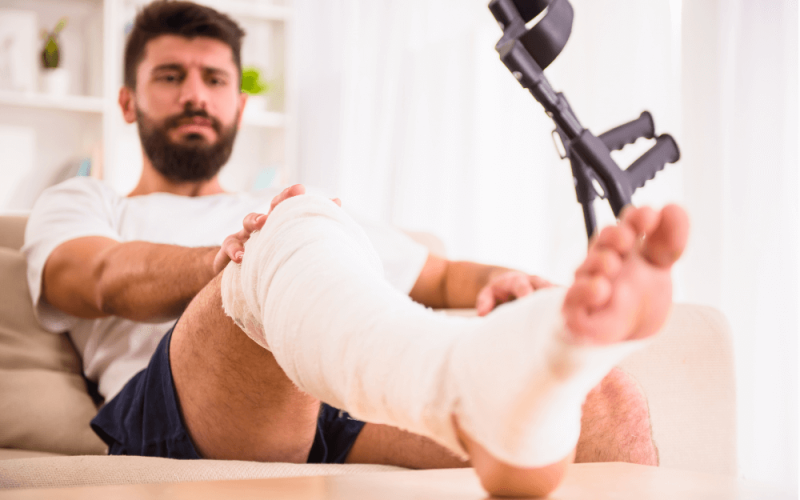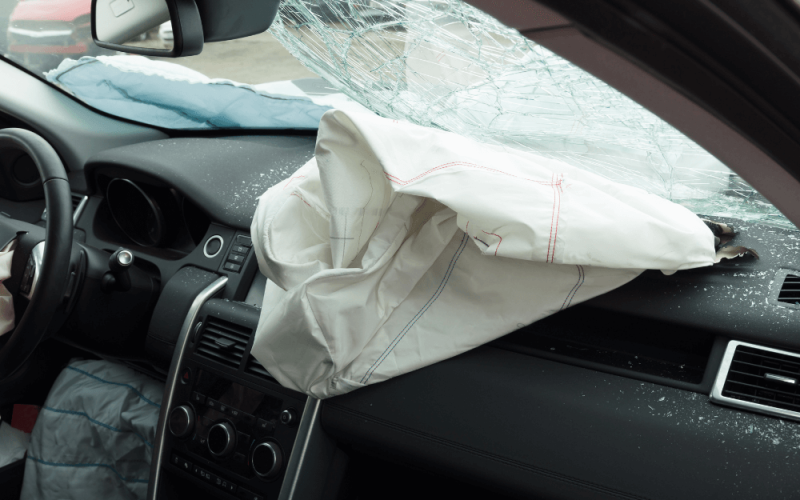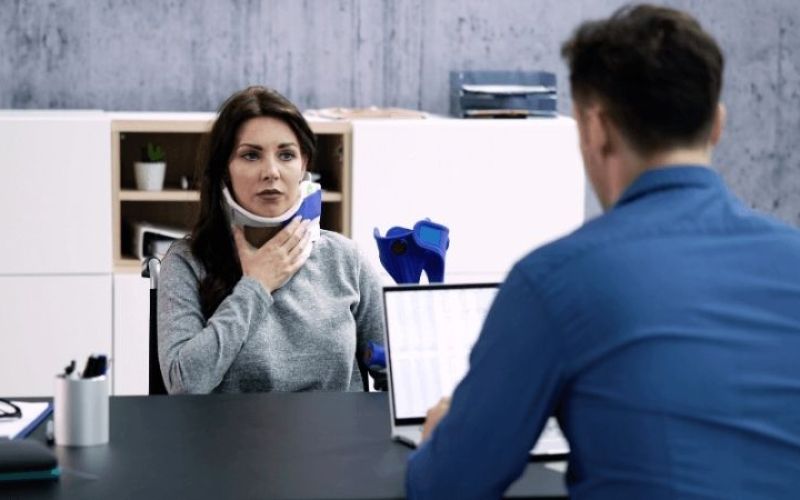When Is It Legal to Pass on the Right in Virginia?


Overtaking on the highway is sometimes necessary, but it is important to understand exactly when you can pass other vehicles. According to the Virginia Highway Safety Office, there is good reason for passing laws, as improper passing caused 1,500 accidents in Virginia in 2022. Knowing when you can pass other vehicles safely is critical to safe driving practices.
To understand when it is safe to pass other cars in Virginia, especially when it comes to passing in the right-hand lane, you need to know the relevant rules of the road and penalties that go along with violations of traffic laws. Passing on the right is allowed in certain circumstances, but precautions are still necessary. Learn how to prevent accidents by only passing to the right of another vehicle when it is safe and legal, and discover how Montagna Law can help if you are in an accident due to a right-lane turn.
When Can You Pass on the Right in Virginia?
Passing on the right can be dangerous, but Virginia law offers three instances in which it is acceptable. First, you can pass on the right if the vehicle you are trying to pass is about to make a left turn and has provided the appropriate turn signal. Additionally, you are free to pass on the right on a highway with unobstructed pavement that is not occupied by parked vehicles as long as there is sufficient width for at least two or more lanes of traffic in each direction of travel around the center line. Finally, you may pass on the right on a one-way street when the roadway is free of obstructions and has at least two lanes for moving vehicles. You can never pass on the right on a one-lane road.
Remember that passing on the right side is prohibited on paved shoulders unless lawfully placed signs indicate shoulder driving. Typically, you are restricted to the main-traveled portion of the roadway. Additionally, you are not permitted to pass on the right if it involves you crossing a solid line into a bicycle lane. These restrictions are waived in emergencies or as directed by a law enforcement officer.
What if There is a Slow Driver in the Left Lane?

While it can be frustrating to be stuck behind a slow driver in the left lane, it is important to note that they are the ones who may be breaking the law, and that does not grant you the right to do so as well. Doing so only increases the risk of accidents. In Virginia, the left lane is the passing lane, and driving under the speed limit in the left lane is illegal and punishable by a fine of $100.
To remain safe on the road, you should adopt safe driving habits and avoid aggressive driving. In these scenarios, aggressive driving can include tailgating the driver of a vehicle in front of you that is going slow. Instead of tailgating, signal the driver in front of you that you are going faster from a safe distance. Using your horn or flashing your headlights serves as a signal. When they see your signal, the slow vehicle must make a lane change out of the left side when it is safe to do so. If they do not, they are driving aggressively and are liable for a ticket.
Can You Pass on the Shoulder in Virginia?
Passing on the right shoulder is not allowed in Virginia unless the shoulder is open as a moving traffic lane. This will be indicated by appropriate signage showing that the shoulder is open as an active motor vehicle lane. The situation still has to meet the other abovementioned requirements for overtaking vehicles.
What Are the Penalties for Illegally Passing on the Right?
Illegally passing on the right side of the road can incur penalties, as it is considered aggressive driving. Specifically, it is a Class 2 misdemeanor that could lead to up to six months in jail and a fine of $1,000. If you cause an injury in an accident that occurs due to you passing on the right illegally, you are considered negligent.
Why is Passing on the Right Discouraged in Virginia?
Passing on the right is discouraged because the entire left lane is meant for passing, and passing on the left is generally considered safer. When drivers unexpectedly pass on the right, it can surprise the driver of the overtaken vehicle, who may not have seen the approaching car in their blind spot. This surprise can lead to accidents.
In most cases, if someone is going too slow for you in the left lane, you are likely going too fast. Aside from the acceptable instances above, passing on the right is not worth the potential risk.
As a quick disclaimer, the best way to deal with a car accident is to prevent one from happening in the first place. However, if you have been injured in a car accident, the skilled Virginia attorneys at Montagna Law are ready to help.
Injured in a Right-Passing Car Accident?
If you have suffered a personal injury in an accident, you will need a car accident attorney to help protect your rights. Remember, if someone illegally passes on the right and that leads to an accident, the illegally passing driver is the one who is presumed to be negligent in the accident.
When negligence is presumed, the burden of proof shifts to the illegally passing driver, who must argue that they were not being negligent. If you need to defend yourself against presumed negligence, you should have an experienced Virginia car accident attorney on your side.
Call an Experienced Virginia Car Accident Law Firm
If you are looking for legal compensation after being injured in a car accident in Virginia, Montagna Law is ready to help. Call us at 877-622-8100 or fill out our online contact form for a free consultation.
Latest Blog Posts
-
If you’re looking for someone who’s professional, attentive, serious, caring, and negotiable than Mr. Anthony Montagna is who you need. He understood his assignment and delivered well especially being with what I was looking at in my case. I want …– Tiara S.
-
I don’t know how he does it, but this man is a monster in the courtroom. I’ll admit I had fears of the outcome of my case, but when I was with Mr. Montagna in front of a judge. My confidence started to raise. Extremely professional and how he hand…– BD P.
-
Honestly , Mr. Montagna treats like you are his family the way he cares, he takes care of his people , I was doing triple digit speed on a 60 and lord I thought it was over for me in that courtroom , he’s a genius because I literally got away with…– Justin
-
I have been a client of Montagna Law since 2014. Because the customer service is exceptional, I have established a rapport with everyone in the office. As a customer for 8 years, it is noted that this firm goes above and beyond for the clients.– Eric E.
-
Montagna Law are wonderful attorneys. I was diagnosed with stage 4 lung cancer and they assisted me from day one when I contacted them. I highly recommend their services! Thanks guy’s and gal’s for your services!– Kevin B











